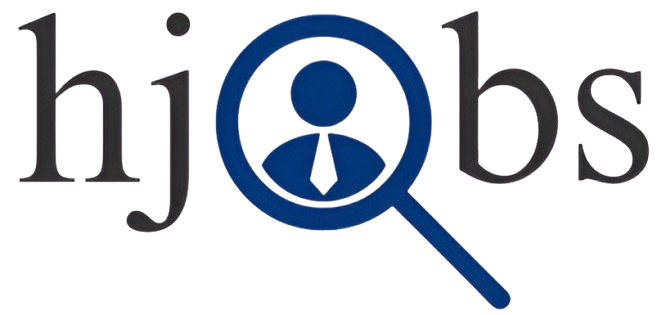Mastering the Do’s and Don’ts of Interviews: A Clear Guide
By Niharika Khere
Preparing for an interview can feel overwhelming, but by focusing on a few key do’s and don’ts, you can make a great impression. This guide will help you understand what works - and what doesn’t - so you’re ready to handle any question confidently and professionally.
What to Do in an Interview 🟢
1. Research the Company Thoroughly 🕵️♂️
Show up with a solid understanding of the company - its mission, values, products, and recent updates. This will help you align your responses with their goals, demonstrating that you’re prepared and genuinely interested in the role. For analytics or technical positions, take time to learn about the tools and technologies the team uses, so you can speak to your experience with similar platforms.
2. Highlight Relevant Skills and Experiences ✨
Tailor your responses to the job description. Emphasize specific skills, technical abilities, and experiences that directly relate to the role. This shows you understand the requirements and are prepared to meet them. Instead of a general statement like “I contributed to projects,” mention specific tasks, tools (SQL, Python, Power BI), and any measurable impact your work had.
3. Use a Structured Approach for Answers 📐
Use the STAR method (Situation, Task, Action, Result) to keep your answers clear and concise, especially for behavioral questions. This method guides the interviewer through your thought process and problem-solving steps. Avoid vague responses and be specific about your role in a situation. For example, instead of saying “I improved efficiency,” try “I implemented a new reporting process that reduced analysis time by 20%.”
4. Ask Insightful Questions 🤔
Toward the end, asking questions can show your interest and help you understand the role better. Ask about the company culture, team dynamics, or future projects. For technical roles, consider questions about their data workflow, the tools they use, or team collaboration practices.
5. Maintain Professional Body Language 🙋♂️
Sit up straight, maintain eye contact, and respond with a smile when appropriate. These small actions convey confidence and attentiveness. Engage with the interviewer naturally, showing that you’re actively listening and engaged in the conversation.
What to Avoid in an Interview 🚫
1. Avoid Overly Casual Language or Slang 🗣️
Keep your tone professional, even if the atmosphere is relaxed. Using too-casual language may come across as unprofessional. For instance, instead of saying “Yeah, I kinda took charge of that project,” go with, “Yes, I led the project’s execution phase.”
2. Don’t Bring Up Salary or Benefits Right Away 💸
While compensation matters, bringing it up too early can make it seem like that’s your only focus. If the topic arises, keep it professional. If asked, you can share a range or express that you’re looking for a fair package aligned with the role and your experience.
3. Don’t Be Unprepared for Technical or Skill-Based Questions ⚙️
For technical interviews, brush up on relevant skills and practice explaining your methods. Avoid guessing or giving uncertain answers if you’re unsure about a question. Instead, demonstrate your thought process by saying, “That’s a great question. I’d approach it by…,” showing you’re prepared to tackle unfamiliar challenges.
4. Avoid Speaking Negatively About Previous Employers 🙅♀️
Even if a past role was challenging, avoid sharing negative remarks. Instead, focus on what you learned from the experience and how it helped you grow. If asked about a tough situation, share how you overcame it or the skills you developed, rather than what went wrong.
5. Avoid Long-Winded or Tangential Responses 🗣️
Keep your responses focused and relevant to the question. Rambling can dilute your message and make it harder for the interviewer to see your strengths. If you feel yourself going off-track, steer it back by saying, “To summarize, the main approach I took was…”
Quick Tips to Make a Lasting Impression 🌟
- Quantify Your Achievements: Whenever possible, add numbers to your results (e.g., “boosted sales by 15%”).
- Show Adaptability: Mention instances where you adapted quickly to new tools, took on new responsibilities, or handled unexpected challenges.
- Stay Confident, Not Cocky: Confidence is key, but it’s also important to show you’re open to learning and improving.
- Follow Up Afterward: Send a brief thank-you email to show your appreciation and leave a lasting impression.
Crux/Final Thoughts 💡
Preparing for an interview can feel challenging, but it’s all about being ready to present your strengths clearly and avoiding common missteps. With these do’s and don’ts, you’ll be better prepared to show interviewers that you’re the ideal fit for the role. Practise your responses, stay professional, and remember—each interview is a chance to learn and improve for the next one.
